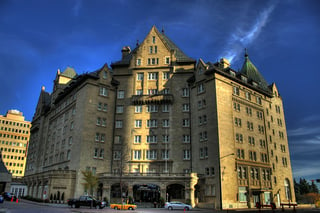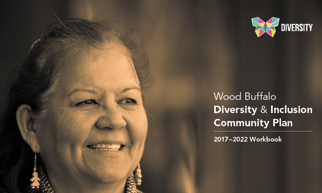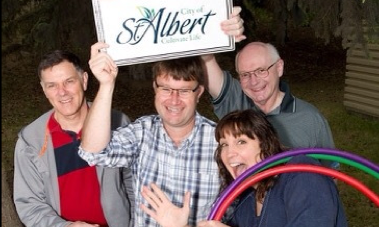 "For over 100 years, Aboriginal children were removed from their families and sent to institutions called residential schools. The government-funded, church-run schools were located across Canada and established with the purpose to eliminate parental involvement in the spiritual, cultural and intellectual development of Aboriginal children. The last residential schools closed in the mid-1990s.
"For over 100 years, Aboriginal children were removed from their families and sent to institutions called residential schools. The government-funded, church-run schools were located across Canada and established with the purpose to eliminate parental involvement in the spiritual, cultural and intellectual development of Aboriginal children. The last residential schools closed in the mid-1990s.
During this chapter in Canadian history, more than 150,000 First Nations, Métis, and Inuit children were forced to attend these schools some of which were hundreds of miles from their home. The cumulative impact of residential schools is a legacy of unresolved trauma passed from generation to generation and has had a profound effect on the relationship between Aboriginal peoples and other Canadians.
Collective efforts from all peoples are necessary to revitalize the relationship between Aboriginal peoples and Canadian society – reconciliation is the goal. It is a goal that will take the commitment of multiple generations but when it is achieved, when we have reconciliation - it will make for a better, stronger Canada.” - from the Truth and Reconciliation of Canada website.
REACH Edmonton offers training to frontline workers in Edmonton. Over the past few years we have realized that frontline workers dealing with the most vulnerable Edmontonians ( approximately 60% + Aboriginal) do not always have the understanding to assist their clients who are suffering from intergenerational trauma.
From my own South African background I am fully aware the you cannot achieve trust overnight and that understanding and relationships need to be built. It is profoundly important as one builds a safe and inclusive community that citizens feel welcome, feel included and feel safe.
This video illustrates the work being done in the Edmonton community to ensure a deeper understanding of the effect that the residential school system has had on generations of Aboriginal people in Canada. Edmonton is soon to have the largest Aboriginal population in Canada and as the Council for Safe Communities we are committed to changing attitudes and embracing reconciliation.





